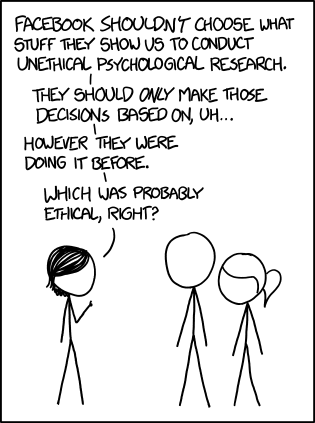Last week, I attended the Re Work Explainable AI mini summit. I am really loving so many great speakers being accessible online, particularly in a three to four hour format, which makes it easy to fit in around work commitments better than an in person summit – had it not been online I would have missed out on some great speakers.
Explainability is something I’ve been really focussing on recently. While it’s always been important, my frustration has been in research focussing on tools for machine learning engineers and not on clear explanations for the general public – the very people using, and being affected by, the systems we build. I was keen to attend this summit in particular as a refresh of where we were in terms of current best practise.
Continue reading Explainable AI


